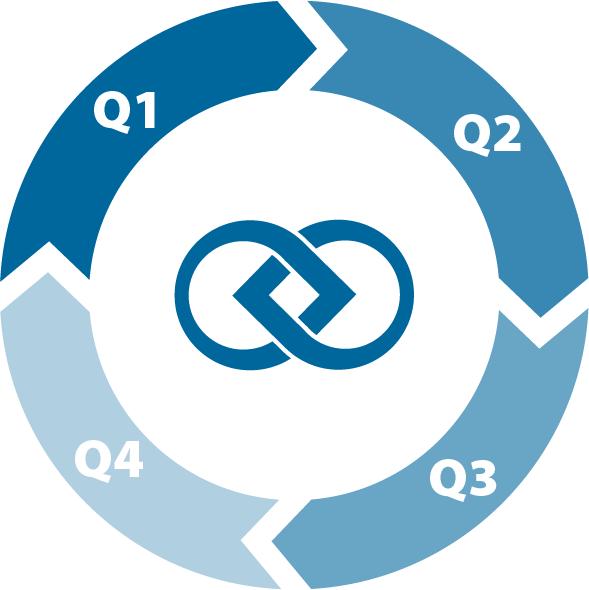Accounting Services
We take great care in the accounting and management of the Association’s assets.
Your Accounting Team

Amy Johnson
Senior Vice President, Accounting
19 Years of Industry Experience
13 Years with CIMS

April Borba
Senior Director, Accounting
6 Years of Industry Experience
6 Years with CIMS

Jennifer Bueno
Senior Director, Accounting
20 Years of Industry Experience
20 Years with CIMS
Best Practices in Accounting Controls
Onboarding and Financial Health Checklist
As part of the onboarding process, we look at the accuracy of current financial reporting and compliance
with civil code, governing documents and best practices.
Financial Health Checklist
Account for all Funds & Bank Accounts
Review Governing Documents & Policies
Confirm Budget Follows CC&Rs
Flag Conflicts with Current Practices
Identify Anomalies in Bookkeeping
Report & Recommendations to Board
Financial Health Checklist
Account for all
Funds & Bank Accounts
Review Governing
Documents & Policies
Confirm Budget
Follows CC&Rs
Flag Conflicts with
Current Practices
Identify Anomalies
in Bookkeeping
Report &
Recommendations
to Board
Monthly Financials: What You Can Expect

Real-time access to financial and homeowner data, including account histories and collections
Workflows to ensure financial statements are prioritized based on board meeting schedules
Electronic notification and access to financial statements immediately upon completion
Customized accounting cover letter highlighting activity and items for review each month
Integration with banking partners for quicker access and automatic download of bank statements
Online check signing and real time access to all invoices, including status and images
The Budget Life Cycle
The budget is one of the most important aspects of HOA management. It is the foundation for annual planning, maintenance, capital improvements, and the overall protection of HOA assets and homeowner property values. The budget approval process should not feel rushed or incomplete. We focus on the budget throughout the year and help the Board feel prepared to make prudent, timely and pressure-free decisions.
Q1
Evaluate and plan for major projects in the current year. Obtain proposals and approve the annual reserve study for the next fiscal year.
Q2
Evaluate the current budget for significant variances. Obtain and review the preliminary reserve study draft.
Mailing of budget package in accordance with civil code and CC&R requirements.
Q4
Provide draft budget (with reserve study) to Board 5 months prior to fiscal year end. Board meeting(s) to review draft budget and planning for next fiscal year.
Q3
The Budget Life Cycle

Q1
Evaluate and plan for major projects in the current year.
Obtain proposals and approve the annual reserve study for the next fiscal year.
Q2
Evaluate the current budget for significant variances.
Obtain and review the preliminary reserve study draft.
Q3
Provide draft budget (with reserve study) to Board 5 months prior to fiscal year end.
Board meeting(s) to review draft budget and planning for next fiscal year.
Q4
Mailing of budget package in accordance with civil code and CC&R requirements (30-90 days prior to fiscal year end).


